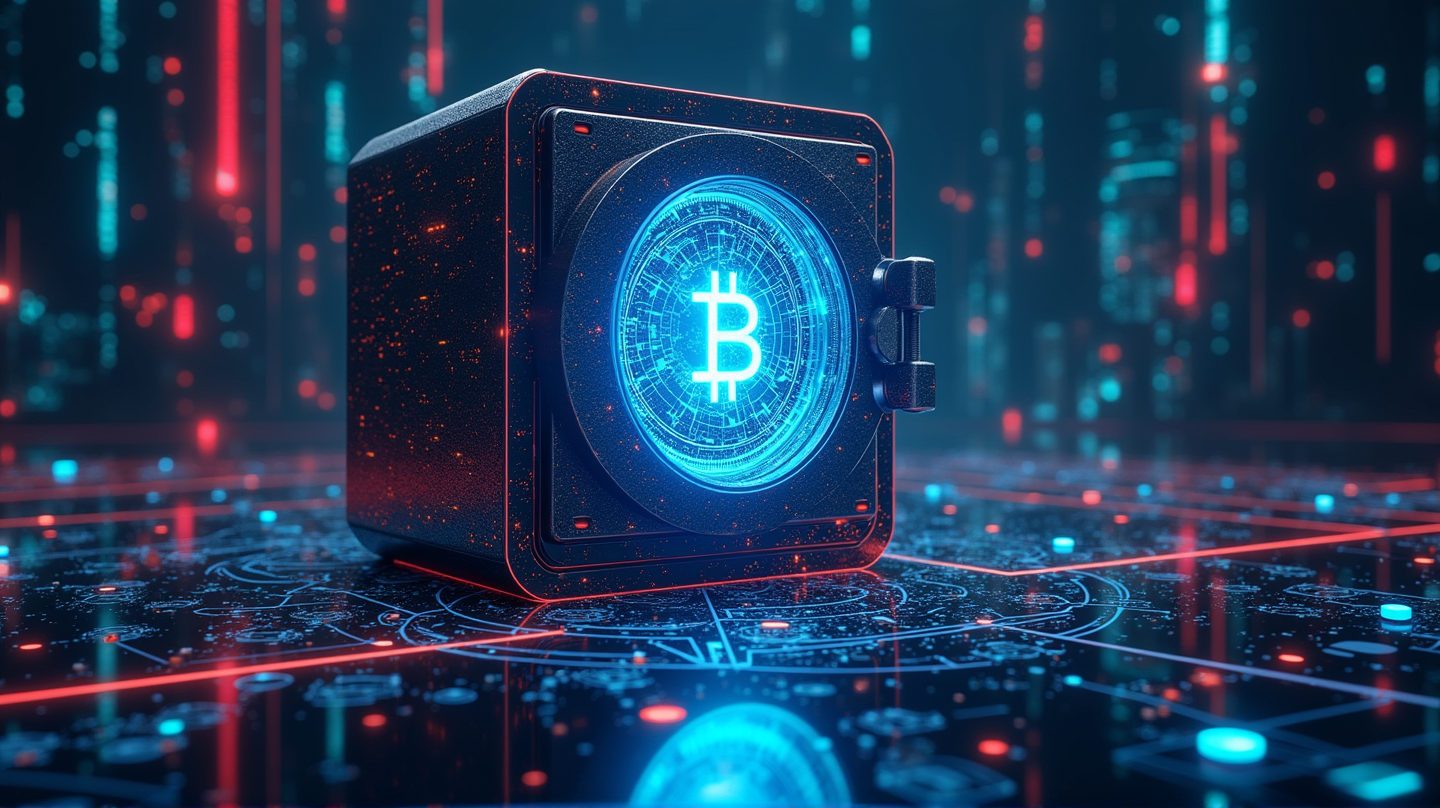The Quantum Threat: Can Blockchain Keep Up?
Quantum computing threatens crypto security, demanding rapid solutions and governance reform. Blockchain's future hinges on adaptation.

In a world where technology evolves at breakneck speeds, the emergence of quantum computing stands as both a marvel and a menace to the digital frontier of cryptocurrency. As quantum computers inch closer to reality, with companies like Google and Microsoft at the helm of research, the security of blockchain technologies dangles perilously on the edge.
The Looming Quantum Threat
Quantum computing’s power lies in its ability to perform complex calculations at speeds unfathomable to traditional computers. This capability poses a glaring threat to the very bedrock of blockchain security. The idea that a quantum computer could effortlessly crack the cryptographic codes that protect digital assets is a haunting possibility. According to Colton Dillion from Quip Network, the actual threat of quantum computing won’t be loud and abrupt but quiet, moving stealthily through the digital landscape.
Governance Conundrum
Blockchain governance processes, integral to implementing changes, are notoriously slow. Improvements like Bitcoin Improvement Proposals (BIPs) and Ethereum Improvement Proposals (EIPs) need consensus, a lengthy affair dulled by politics and rigorous debate. For instance, the resolution surrounding Bitcoin’s OP_RETURN, years in the making, exemplifies how governance lags behind urgent necessities.
A Call for Proactive Solutions
The threat quantum computing poses demands not just quicker responses but a complete rethink of how governance is handled. Agustin Cruz’s QRAMP proposal, which advocates a migration to quantum-secure addresses, alongside BTQ’s quantum-native consensus system, are testament to the efforts underway. However, these proposals swim upstream against the sluggish currents of traditional blockchain governance.
The Third-Party Solution
Quip Network’s innovative approach—quantum-proof vaults—presents a possible lifeline amidst governance inertia. These vaults employ hybrid cryptography, fusing classical and quantum-resistant techniques, offering an immediate, user-level solution. While the community wrestles with political machinery, crypto’s largest players, or “whales,” can preemptively secure their troves against lurking quantum threats.
The Clock Is Ticking
As Dillion starkly points out: “When quantum hits, attackers won’t wait for community consensus.” The urgency to outpace quantum evolution is clear. As blockchain’s future hangs in the balance, adopting a nimble approach becomes not just preferable but necessary to secure the digital economy’s foundation.
The dialogue between quantum advancements and blockchain resilience continues to expand, echoing the need for timely innovations and swift action. Crypto communities must align swiftly, bridging the gap between promising proposals and real-world implementation to safeguard digital assets. According to CoinDesk, embracing solutions like these can steer the crypto world through uncharted terrains.
Colton Dillion will address these issues at the IEEE Canada Blockchain Forum at Consensus 2025 in Toronto, a pivotal moment in the collective journey toward securing our digital future.